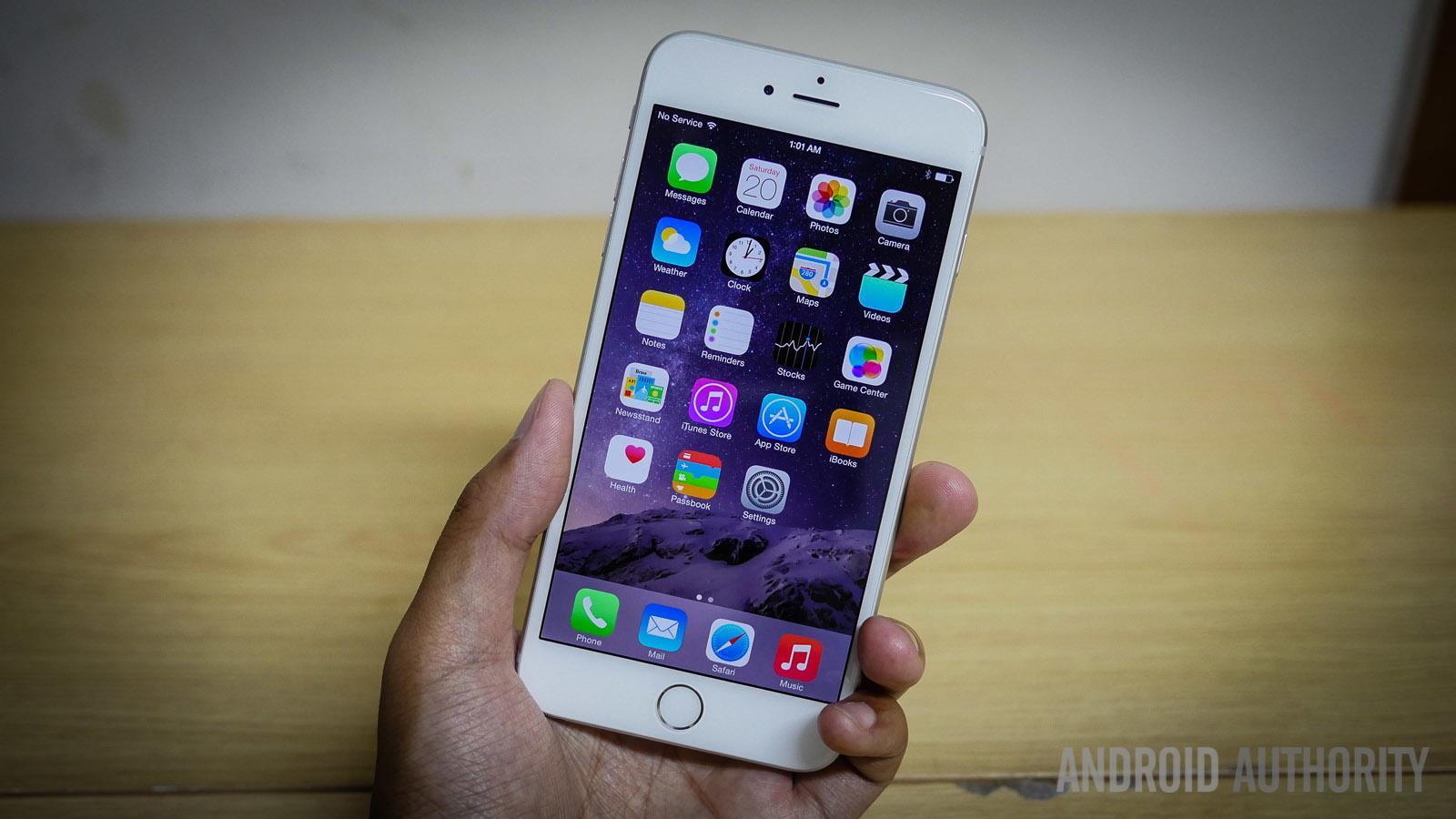Why Digital Health Startups Are the Backbone of Smart Hospitals

In the rapidly evolving world of healthcare, smart hospitals are emerging as the future of patient care. These tech-enabled institutions are designed to improve efficiency, accuracy, and patient experience through cutting-edge digital solutions. But at the core of this transformation lies a driving force that often goes unnoticed—digital health startups.
These agile, innovative startups are not only complementing hospital systems but also redefining how hospitals operate, treat, and engage with patients. Here's why they are truly the backbone of smart hospitals.
1. Agility and Innovation at Scale
Unlike traditional healthcare organizations, digital health startups are known for their speed, creativity, and user-centric design. They can quickly identify pain points—whether it’s a bottleneck in diagnostics, medication adherence, or patient communication—and develop tailored tech solutions.
Smart hospitals thrive on this innovation. From AI-based diagnostic tools to wearable integrations and smart scheduling systems, startups are providing the digital fuel that powers hospital efficiency.
Example: A startup developing AI software that can analyze MRI scans within minutes enables faster diagnoses in emergency care units—something that can be life-saving in stroke or trauma cases.
2. Enabling Data-Driven Decision Making
Hospitals generate enormous amounts of data every day—from patient records and lab results to imaging and wearable data. But raw data is useless unless it's analyzed and acted upon.
Digital health startups specialize in turning this data into actionable insights. They build analytics platforms, AI tools, and dashboards that help hospital administrators, doctors, and nurses make informed decisions in real time.
This has led to:
-
Improved diagnosis accuracy
-
Better patient monitoring
-
Streamlined resource allocation
-
Reduced medical errors
In smart hospitals, data is power, and startups are the engines processing that power into results.
3. Enhancing Patient Experience
Modern patients expect more than just treatment—they expect transparency, personalization, and convenience. Digital health startups help smart hospitals meet these expectations through:
-
Patient engagement apps for appointments, medication reminders, and progress tracking
-
Telehealth platforms for remote consultations
-
Chatbots for 24/7 query resolution
-
Wearable tech integrations for continuous health monitoring
The result? Higher patient satisfaction, better adherence to treatment plans, and improved health outcomes.
4. Optimizing Operations and Reducing Costs
Hospital administration can be a logistical nightmare. Scheduling, bed management, billing, inventory, and workflow optimization all require coordination.
Startups are building AI-powered operational tools that automate repetitive tasks, optimize scheduling, and predict inventory needs. These solutions help smart hospitals reduce costs, minimize wait times, and focus resources where they’re needed most.
In short, startups are transforming hospitals into efficient, tech-powered ecosystems.
5. Driving Interoperability and Integration
One of the biggest challenges in hospital systems is the lack of interoperability between different technologies. Startups are stepping up by creating platforms that integrate with existing Electronic Health Records (EHRs), lab systems, and insurance databases.
These integrations break data silos, ensuring seamless communication between departments and improving care coordination. Whether it's a patient moving from emergency to surgery to recovery, startups help maintain a connected care journey throughout.
Final Thoughts
Smart hospitals are more than just buildings filled with high-tech devices—they are dynamic, responsive, and intelligent environments designed to deliver superior care. And it’s the innovation, flexibility, and problem-solving mindset of digital health startups that make this possible.
By powering diagnostics, streamlining operations, enabling real-time insights, and enhancing the patient experience, these startups have become indispensable partners in the healthcare revolution.
As smart hospitals continue to expand globally, the role of digital health startups will only grow stronger. Together, they are not just shaping the future of healthcare—they are building it from the ground up.
What's Your Reaction?
 Like
0
Like
0
 Dislike
0
Dislike
0
 Love
0
Love
0
 Funny
0
Funny
0
 Angry
0
Angry
0
 Sad
0
Sad
0
 Wow
0
Wow
0

















































